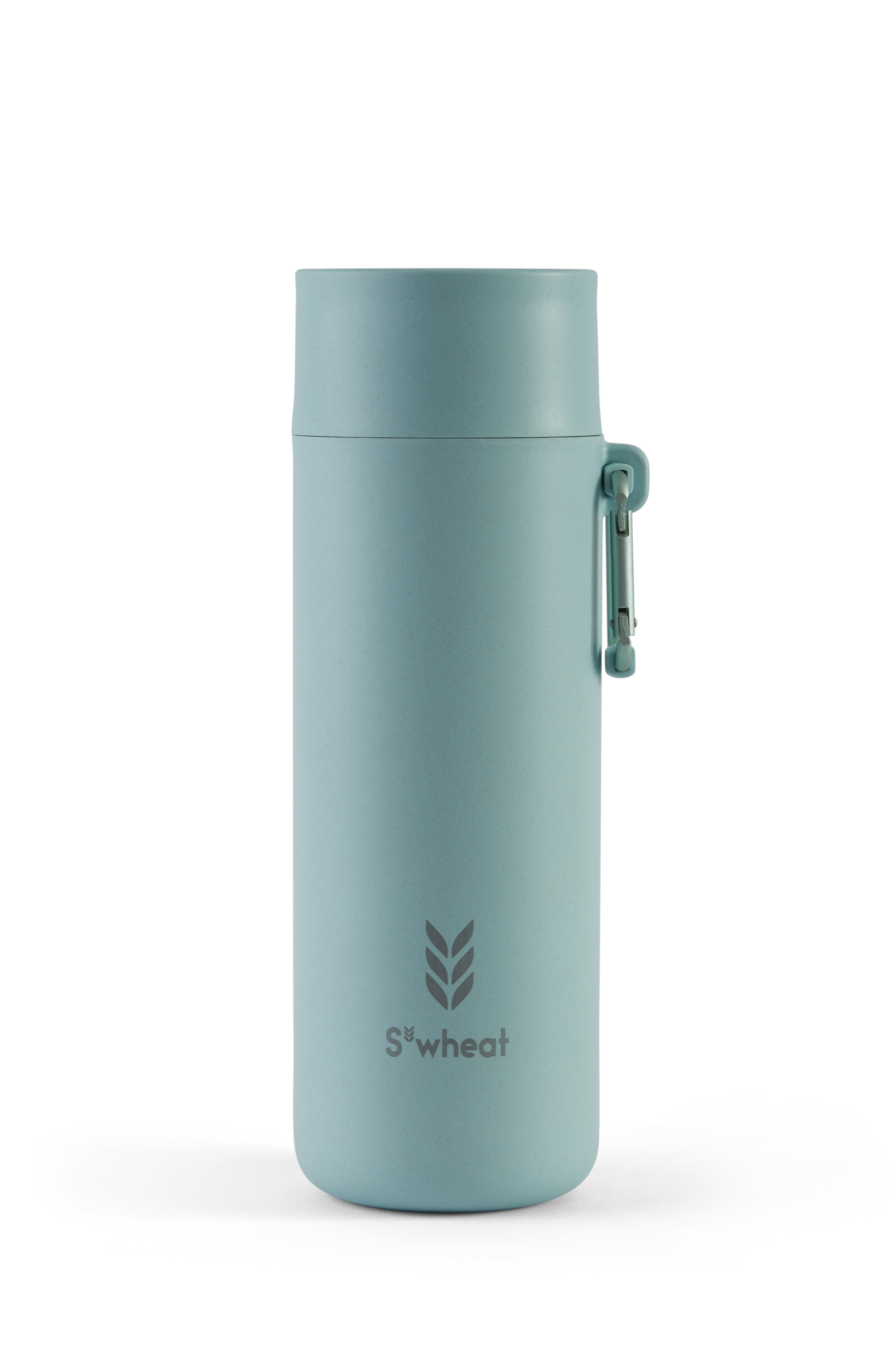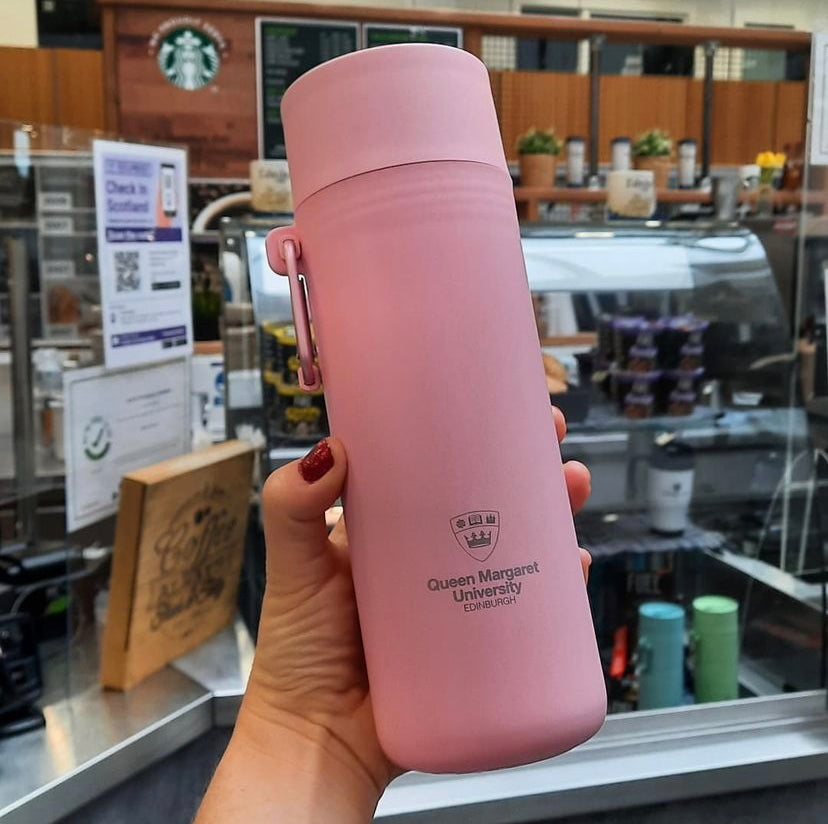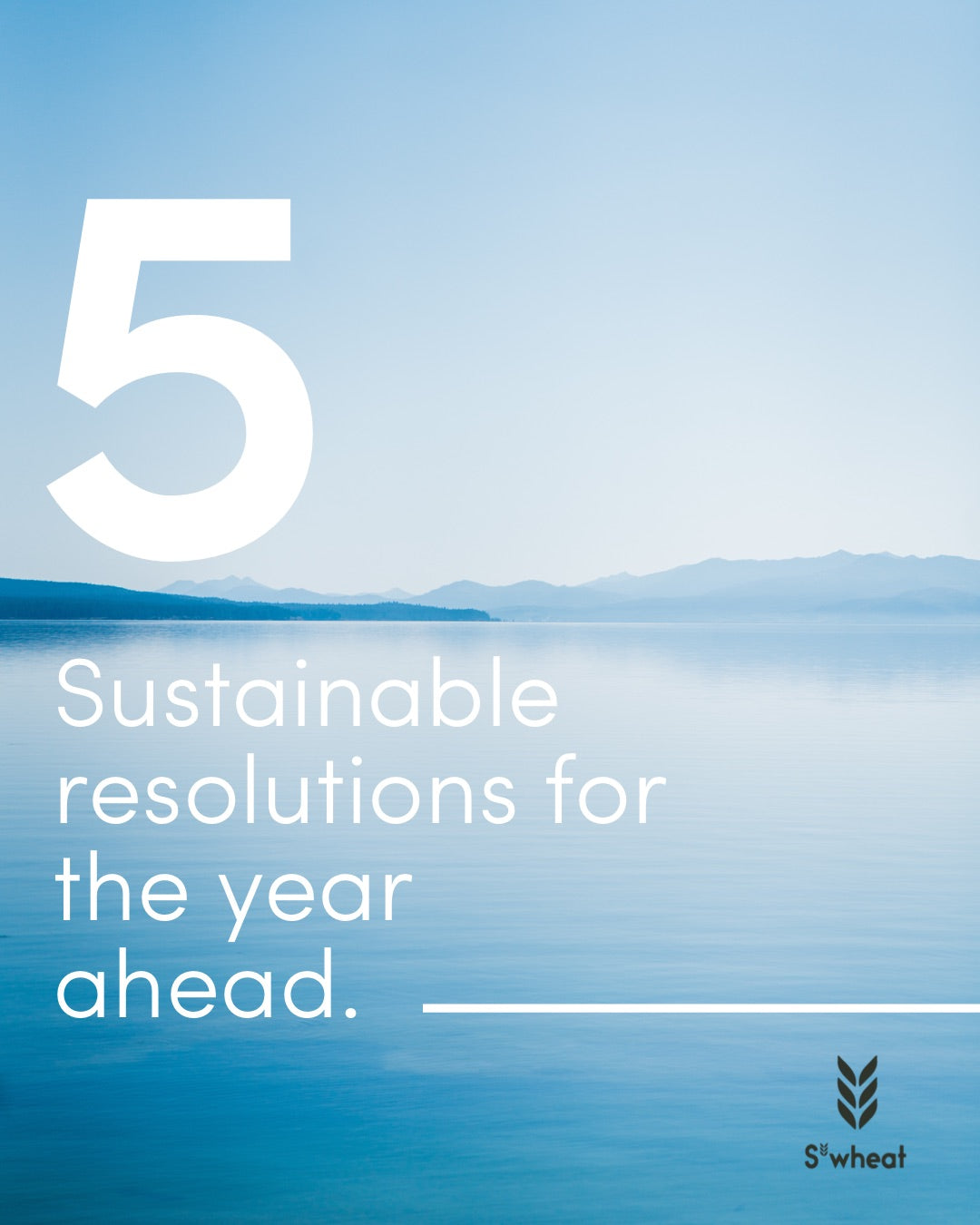There are 3 main choices when it comes to reusable water bottles, plastic, steel and glass.
However, these all have their downsides; plastic reusable water bottles quickly accumulate germs and mould, resulting in black blotches and lingering odours.
Steel reusable bottles are impractical for on-the-go use since they are heavy, difficult to carry, and easily dented and damaged. They're also infamous for having a metallic taste.
Finally, there is glass, which, because of its fragility, is an impractical material for everyday usage.
According to a recent study, refillable water bottles made of steel and plastic contain an average of 300,000 colony-forming units of germs per square millimetre. That's six times the amount of bacteria in your pet's food dish!
Finally, there is a new choice on the block.. The reusable bottle made from plants by S’wheat!
S’wheat have created the world's first reusable bottle made from plant-based materials utilising naturally grown wheat straw after two years of intense research.
S'wheat has gone above and beyond to create a reusable bottle that is not only easy to clean, functional, and durable, but also beneficial to the environment.
S'wheat is the world's first plant-based reusable water bottle. Made from compostable wheat straw and bamboo bioplastic, which is grown and produced in a natural and environmentally friendly way using waste. The proprietary S'wheat material contains no melamine, toxic chemicals or BPA.
Keep hot or cold drinks close at hand with the easy-to-carry carabiner clip.
S'wheat's patented material and design means you can easily keep your refillable bottle clean, and their natural antibacterial materials keep bacteria from building up, meaning your bottle won’t smell!
Engaging a circular economy from production to distribution S'wheat's eco-friendly reusable water bottle makes the most of renewable resources and energy. The S'wheat bottle uses 95% less energy than refillable stainless steel bottles.
Created in Scotland, S'wheat was inspired by the diversity of Scotland's mountain ranges, misty lakes and ancient forests. Whether you are climbing a mountain or at the office, the S'wheat reusable water bottle is the perfect companion.
Is S'wheat safe for celiac disease and gluten free diets? S'wheat bottles are safe for celiacs. They are also gluten free. Fun fact; One of the founders of S'wheat has a gluten intolerance, so that was a big factor for them!
S'wheat bottles have a capacity of 550 ml / 18.6 oz - the perfect size to stay hydrated on the go. Refill the reusable S'wheat bottle 4 times and you will drink the recommended 2 liters of water a day!
The S'wheat is also distinguished by its lightweight yet durable construction. The S'wheat refillable bottle weighs just 250 grams, which is almost half the weight of an average steel refillable bottle!
Why Choose A Plastic-Free Water Bottle?
Most people prefer their water bottles to be free of plastic. It is believed that the chemical used to make these more durable plastic bottles, bisphenol A (BPA), can penetrate our food and drink and have a detrimental effect on hormone production.
BPA-style reusable plastic bottles are also a hot spot for bacteria, and many independent studies recently reported that these water bottles contain harmful bacteria with continued use.
Looking For A Non Plastic Water Bottle?
Look no further.. The S’wheat plant based reusable water bottle provides the perfect solution. You can save 20% on your order if you use the coupon ECO5. This is a fantastic opportunity to get a great deal on a plastic-free water bottle.
Want to know the key things to look for when buying a water bottle? Check out our other blog: https://www.swheatbottle.com/blogs/news/what-to-look-for-when-buying-a-water-bottle
Have you got any thoughts you want to share? Leave a comment below and let us know!




Leave a comment
All comments are moderated before being published.
This site is protected by hCaptcha and the hCaptcha Privacy Policy and Terms of Service apply.